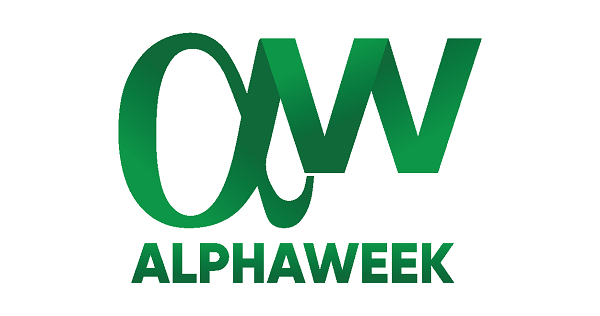A new report from tech firms Dynamo Software, Dakota and ProFundCom indicates geopolitical and economic factors may be behind a potentially significant shift in investment and business strategy. In anticipation of the 2024 U.S. presidential election, as well as the expected continuation of a high interest rate environment, hedge fund leaders who participated in the survey said their firms are planning bold moves to mitigate risk and maximize alpha potential.
Among the most noteworthy changes hedge funds plan to make over the next year are increased fundraising activity and diversification. A much greater number of hedge funds – as compared to the overall General Partner (GP) marketplace – expect to see bigger fundraising efforts. More than half (55%) of hedge funds surveyed by Dynamo said they expect to increase fundraising activities moving into 2025. Just 30% of the overall GP community said the same when they were surveyed by Dynamo at the outset of 2024.
As for investment allocations, nearly half (45%) of hedge fund participants said they plan to diversify across multiple asset classes over the next 12 months. In contrast, just 25% of the overall GP sector indicated their investment strategy would include diversification in 2024.
Hedge fund participants named the top five geopolitical and economic factors influencing these expected moves as follows: interest rates (cited by 80% of participants), the U.S. presidential election (78%), geopolitical conflicts (63%), economic recession (61%) and global trade tensions (43%).
In pursuing these strategic shifts in investment and business strategy, hedge funds anticipated a few potential roadblocks. The top three challenges participants said they are currently facing in their businesses were “fundraising in current marketing conditions,” “managing key client relationships and investor reporting” and “delivering alpha to justify fees.” (Notably, however, nearly 15% of participants said their hedge fund management firm will increase fees in the next 12 months.)
Technology will play a significant role in helping overcome these challenges and maximize transformational business changes. For instance, a significant majority of respondents named “in-depth reporting for investors” (63%) and “automated workflows” (63%) as key priorities for their firms. Just over a quarter of participants (27%) expect ESG/DEI to become a greater need within those in-depth reporting initiatives.
The survey indicated more hedge funds see growing value in the collaboration of humans and technology. In fact, among the top three factors most important to participants when they implement a new technology was “empowering the whole team to leverage it.” At the same time, they are evaluating AI cautiously, which garnered the fewest votes when asked what’s most important in a new technology.
“Hedge funds are rightly watching both sides of the AI coin with scrutiny,” said Dynamo Software CEO Hank Boughner. “On the investment side, potentially outsized expectations and ‘AI washing’ are concerns. On the operations side, return on investment is a major factor, but so is the potential disruption of what hedge funds have long contended is their greatest alpha generator – human talent.”
Of those hedge funds who do plan to implement AI in the next 12 months, the top three applications are risk management (56%), predictive analysis (55%) and portfolio optimization (52%).
Summarizing the survey’s findings, ProFundCom Founder Paul Das observed a marketplace need for strong, reliable data and automation solutions.
“The apparent focus on fundraising and investor relations underscores the desire among hedge funds to grow and preserve assets under management. Accelerating the delivery of prospecting data to fundraising teams will be a key enabler of this goal. We expect to see more hedge funds prioritize the implementation of automation solutions capable of making actionable intelligence directly available through the CMR in real time,” he said.









